|
Happy long weekend from 53.5° north latitude. It is amazing how much work can fit into a five day work week. Looking back at the week, there were so many things going on, it is surprising that anything got done at all. Having the ability to focus on a single task at a time seems like such a luxury, such a foreign concept. I wonder if anybody really works like that anymore, or if they ever did. The hyper-specialization in the Industrial Revolution would be a clear example of focus, and similarly before that with a more agrarian society, but has a knowledge worker ever had the ability to focus? It is something work exploring. Podcasts: I did have the ability to focus on one task most of Saturday this week, as I hauled five loads of sod and dirt to the Ecostation. Driving back and forth, burning probably close to half a tank of gas, I was able to plow through a bunch of podcasts, plus I took the train to work two days this week, so I had some time there as well. That is probably the most time I have ever devoted to podcasts in a single week, and there were lots of interesting tidbits as a result.
You can't take everything with you as you move through life" --David Letterman That referred to the bad stuff in life, like regret, shame, and pain. It was a good reminder that you have to move on if you want to make amends with the past and be a better person in the future. I don't know Maron he has always been this good at interviewing people, but I suppose after 1000+ interviews, you hone your skills.
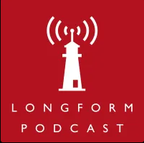 The last of the great interviews was from Longform. The episode I listened to this week was an interview with David Epstein on the arguments for and against specialization at a young age and Epstein's book "Range: Why Generalists Triumph in a Specialized World". I really like Longform as I find the hosts are fantastic interviewers. Casual and relaxed, yet deep enough to hit the important points. As a comparator, listen to the EconTalk interview with Epstein to really see the difference a good interviewer can make. Rounding out the podcasts was the History of Rome podcast, a monumental series that started way back in 2010, and another Freakonomics episode. I plowed through the first four episodes of History of Rome and I can totally see myself finishing all 179 episodes. Episode 2 had an interesting quote: "Might might not make right, but it will make a 1000 year civilization." The Freakonmics episode was "How to Change Your Mind" and the most interesting point was that people fail to differentiate between what they know and what others know. Following this through, there is a difference between the brain (trapped in your skull) and the mind (which is a collective and social construct of the people in your network).
 The other book finished this week was "Zeroes" by Chuck Wendig. This was my first reading from Wendig after following him on Twitter for the last couple years. I enjoyed this book. It reminded me of "Daemon" by Daniel Suarez, but maybe not quite as good. Or maybe it wasn't as good since it really reminded me of a book I had read previously. Anyway, it was a good book, worth the read, and certainly good enough to continue to search out more from Wendig. The Long and Slow Death of Google+: I came across this article from January about how Google shuttered Google+ earlier this year. There is a good summary of the issue in the API and the decision to accelerate the shutdown as a result of that issue. However, the really interesting part of the article was the summary of why Google+ was created and a question as to whether or not Google even cares that Google+ was ultimately a failure. Here's the thing...Google still got what they came for. More of your data. With Google+, Google was able to understand more about you as a Google user. Your profile, address, likes, dislikes, friends, foes, etc. In 2011 maybe we thought that information about us was a fair trade for the ability to communicate with our friends. Maybe we didn't care, or maybe we didn't even think about it. But now in 2019, more of us do think about those tradeoffs, even if that number is still the vast minority of people. I wonder if I will sign up for the next big platform after Twitter. I doubt it. This blog, even if no one reads it, is my response to microblogging like Twitter or Instagram, and is based on the need to say what I want to say in a way I want to say it. If I want to write 1,000 words about the podcasts I listened to, then that's what I'll do, but not with ads inserted by some algorithm. If there is content I want others to know about, then I'll post it here. Do I need to collect entire profile data sets of everyone that reads what I write? What would I do with that? I'm not an advertising platform like Google or Facebook, so I have no need for that. I suppose at some point the need to pay for the infrastructure becomes enough of an impetus to start to look for ways to "monetize". However, maybe the old tip jar model from years gone by or the patron model that is popular these days will be enough. Even if that ever becomes the case, I still can't see what benefit either I or my readers would get from them sharing a full profile of their personal information with me. New Words:
trenchant [ˈtren(t)SHənt] ADJECTIVE
subjunctive [səbˈjəNG(k)tiv] ADJECTIVE
apostasy [əˈpästəsē] NOUN
reify [ˈrēəˌfī] VERB formal
fecund [ˈfekənd, ˈfēkənd] ADJECTIVE
rococo [rəˈkōkō, ˌrōkəˈkō] ADJECTIVE
panoply [ˈpanəplē] NOUN
alacrity [əˈlakrədē] NOUN
zir [ziər] PRONOUN
0 Comments
Your comment will be posted after it is approved.
Leave a Reply. |
Archives
April 2022
Categories
All
|

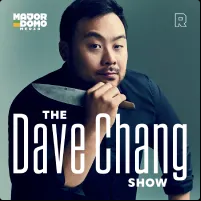
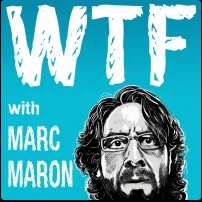
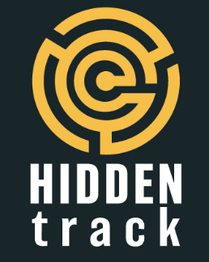
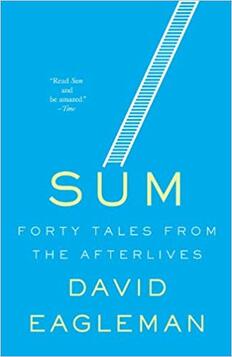
 RSS Feed
RSS Feed
